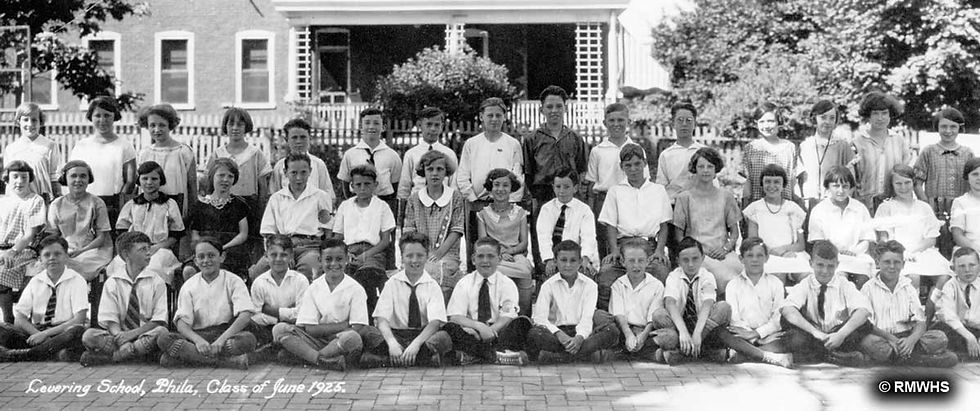Preserving & Promoting
Local History, Art, & Culture




Ridge Ave Roxborough Historic District
Statement of Significance
The Ridge Avenue Roxborough Thematic Historic District satisfies four Criteria for Designation (a, c, d, and j) as delineated in Section 14-1004(4) of the Philadelphia Code, the City’s historic preservation ordinance. Paraphrasing the Criteria, the Ridge Avenue Roxborough Thematic Historic District:
(a) Has significant character, interest and value as part of the development, heritage and cultural characteristics of the City, Commonwealth and Nation and is associated with the lives of persons significant in the past;
(c) Reflects the environment in an era characterized by distinctive architectural styles;
(d) Embodies distinguishing characteristics of architectural styles and engineering specimens; and,
(j) Exemplifies the cultural, political, economic, social and historical heritage of the community.
The period of significance of the Ridge Avenue Roxborough Thematic Historic District spans from 1681, when William Penn began conveying land to the original purchasers, to 1908, the dawn of the automobile age, when the completion of the Walnut Lane Bridge opened the southeastern section of Roxborough to new forms of residential development. From 1681 to 1839, Roxborough persisted as a linear village along Ridge Road with an economy based on agriculture, milling, and providing services to travelers. From 1839 to 1908, Roxborough slowly transitioned from a linear village surrounded by large tracts of open land to a suburban community of homes for managers, business people, and artisans who traveled by foot and on omnibuses, trolleys, and trains to jobs in Manayunk and beyond.
This information has been posted by RMWHS with the permission of the Philadelphia Historical Commission.
Sections: